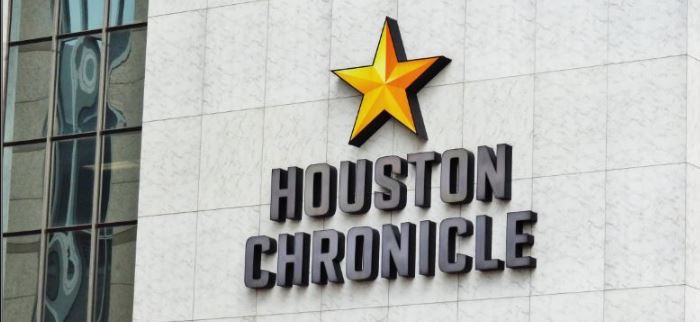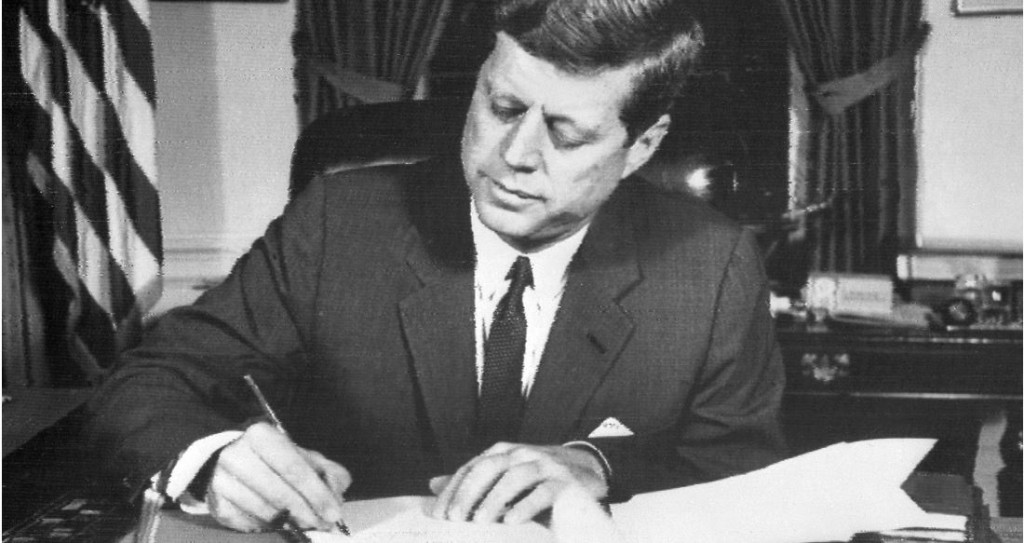
End embargo against Cuba
The Houston Chronicle/An editorial
A year on since President Barack Obama and Cuban President Raúl Castro announced that their two long-estranged countries would normalize relations, some significant improvements have been made, but the most important work remains to be done.
Among other things, the Cold War foes have reopened their respective embassies, agreed to the eventual resumption of regular commercial airline flights and will test the reinstatement of direct mail service.
They have begun talks, too, about resolving property claims against each other.
Unfortunately, the U.S. trade embargo against Cuba, imposed by President John F. Kennedy in 1962, remains in place, a major hurdle to good relations and, in our opinion, to change on the island.

The rapprochement has had a couple of interesting effects. One is that Americans, a rare sight in Cuba for most of the past half century, are visiting the communist-run country in growing numbers. U.S. diplomats there are expecting a 50-percent increase in U.S. tourists this year.
The other is that tens of thousands of Cubans are flooding into Central America trying to get to the U.S., where, unlike other immigrants from Latin America, they are welcomed with open arms by U.S. authorities due to the Cuban Adjustment Act of 1966.
They fear that improved U.S.-Cuba relations may end their special status and want to get here before it does. They also don’t trust that the Cuban government will change, with or without U.S. friendship.
There is little question that Cuban leaders envision a future in which the current economic and political systems remain basically intact.
But the sheer weight of a normal relationship with the United States, which has the world’s biggest economy, 310 million people compared to Cuba’s 12 million and is just 90 miles to the north, could bring changes to the island.
The embargo’s attempt at economic coercion only hardened the government’s resistance to change, gave it an excuse for the country’s problems and severely limited U.S. influence. It also created global sympathy for Cuba.
Obama’s rapprochement with the island put U.S.-Cuba policy in line with our relations with China and Vietnam, both communist-led countries that have embraced “market socialism” but not democracy.
Interestingly, a recent poll by a Miami firm that has surveyed Cuban Americans for years found that for the first time, a majority of them — 53 percent — believe it is time to end the embargo.
We agree. In America, we’re accustomed to tough talk and bellicose foreign policy, but sometimes — maybe a lot of times — soft power works best. That’s what Obama is trying with Cuba.
Congress can help by ending the embargo as quickly as possible so that American business can fully access the market and commercial ties between the two countries can grow.
When that happens, it is going to be very interesting to see what the future brings in Cuba and in U.S.-Cuba relations.
[This editorial appeared in The Houston Chronicle on Tuesday, Dec. 22.]


